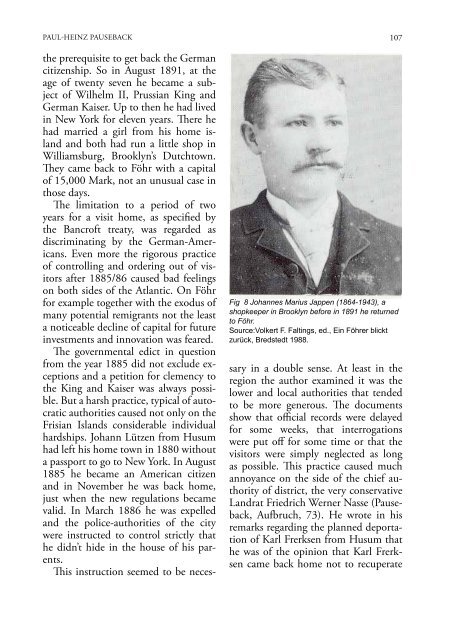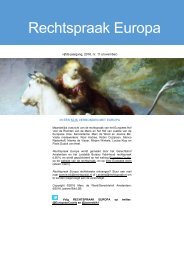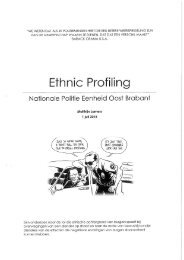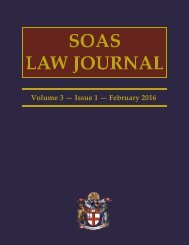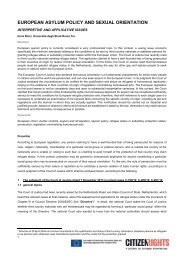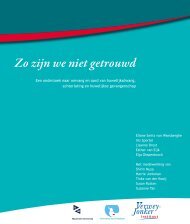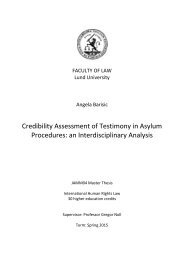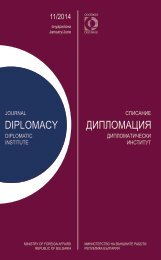AEMI
AEMI-2016-web
AEMI-2016-web
You also want an ePaper? Increase the reach of your titles
YUMPU automatically turns print PDFs into web optimized ePapers that Google loves.
PAUL-HEINZ PAUSEBACK<br />
107<br />
Fig 8 Johannes Marius Jappen (1864-1943), a<br />
shopkeeper in Brooklyn before in 1891 he returned<br />
to Föhr.<br />
Source:Volkert F. Faltings, ed., Ein Föhrer blickt<br />
zurück, Bredstedt 1988.<br />
the prerequisite to get back the German<br />
citizenship. So in August 1891, at the<br />
age of twenty seven he became a subject<br />
of Wilhelm II, Prussian King and<br />
German Kaiser. Up to then he had lived<br />
in New York for eleven years. There he<br />
had married a girl from his home island<br />
and both had run a little shop in<br />
Williamsburg, Brooklyn’s Dutchtown.<br />
They came back to Föhr with a capital<br />
of 15,000 Mark, not an unusual case in<br />
those days.<br />
The limitation to a period of two<br />
years for a visit home, as specified by<br />
the Bancroft treaty, was regarded as<br />
discriminating by the German-Americans.<br />
Even more the rigorous practice<br />
of controlling and ordering out of visitors<br />
after 1885/86 caused bad feelings<br />
on both sides of the Atlantic. On Föhr<br />
for example together with the exodus of<br />
many potential remigrants not the least<br />
a noticeable decline of capital for future<br />
investments and innovation was feared.<br />
The governmental edict in question<br />
from the year 1885 did not exclude exceptions<br />
and a petition for clemency to<br />
the King and Kaiser was always possible.<br />
But a harsh practice, typical of autocratic<br />
authorities caused not only on the<br />
Frisian Islands considerable individual<br />
hardships. Johann Lützen from Husum<br />
had left his home town in 1880 without<br />
a passport to go to New York. In August<br />
1885 he became an American citizen<br />
and in November he was back home,<br />
just when the new regulations became<br />
valid. In March 1886 he was expelled<br />
and the police-authorities of the city<br />
were instructed to control strictly that<br />
he didn’t hide in the house of his parents.<br />
This instruction seemed to be necessary<br />
in a double sense. At least in the<br />
region the author examined it was the<br />
lower and local authorities that tended<br />
to be more generous. The documents<br />
show that official records were delayed<br />
for some weeks, that interrogations<br />
were put off for some time or that the<br />
visitors were simply neglected as long<br />
as possible. This practice caused much<br />
annoyance on the side of the chief authority<br />
of district, the very conservative<br />
Landrat Friedrich Werner Nasse (Pauseback,<br />
Aufbruch, 73). He wrote in his<br />
remarks regarding the planned deportation<br />
of Karl Frerksen from Husum that<br />
he was of the opinion that Karl Frerksen<br />
came back home not to recuperate


